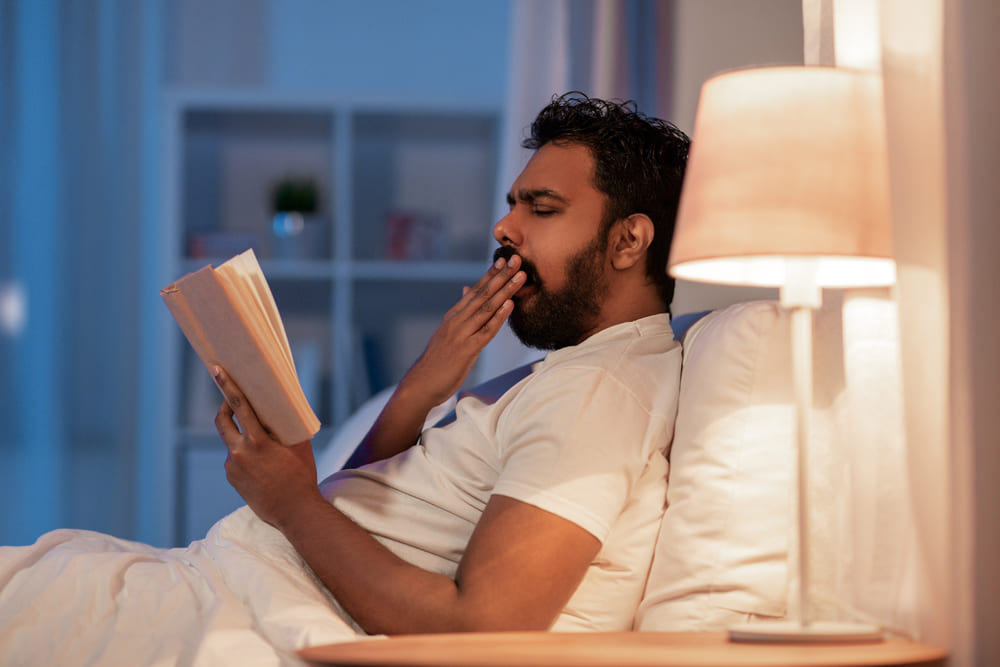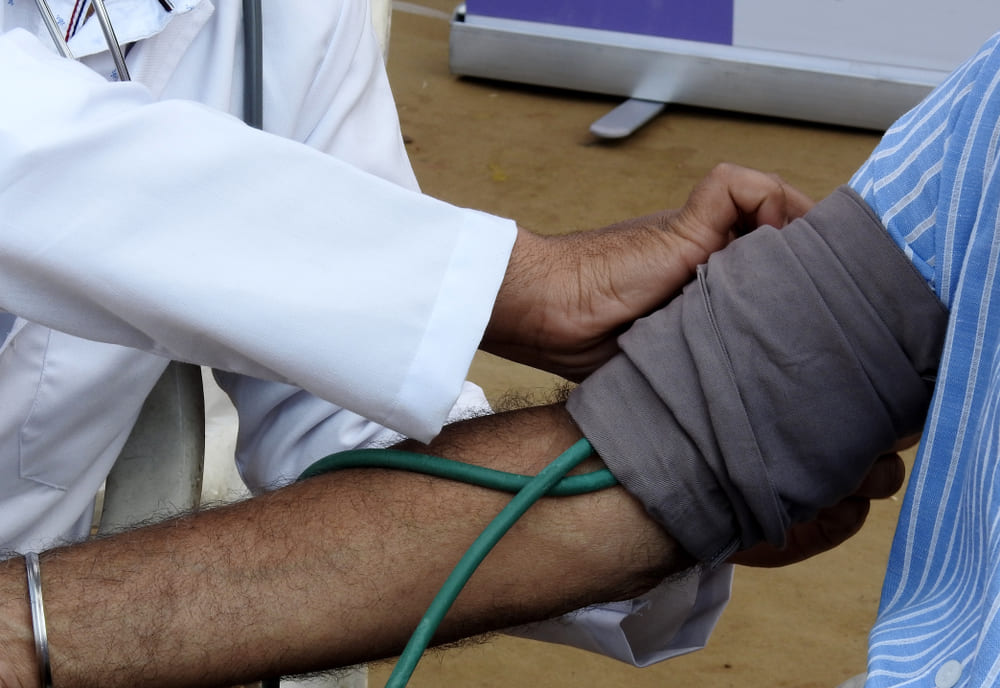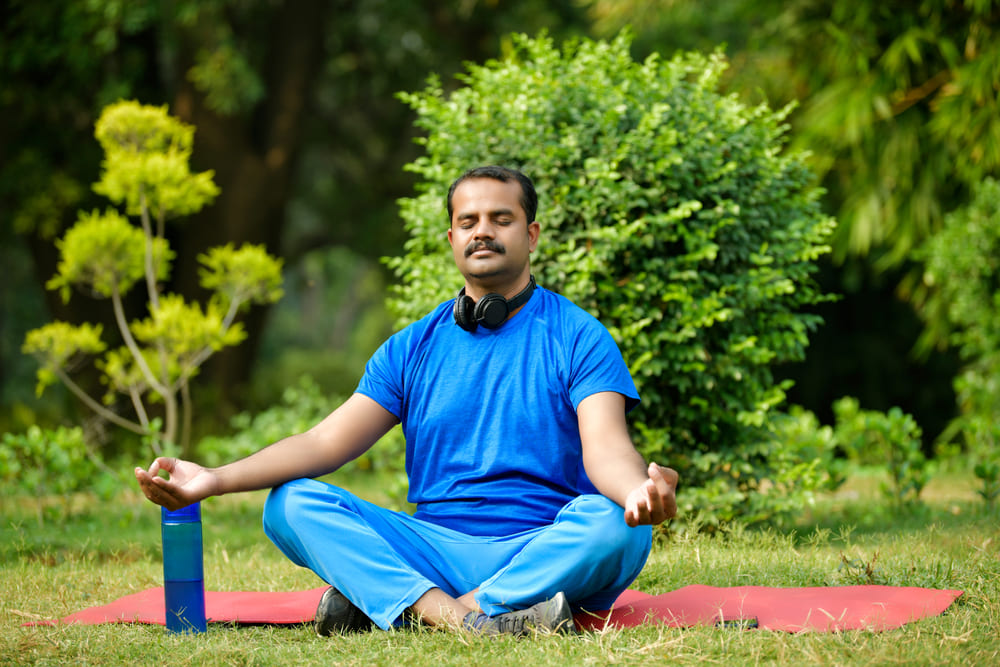How do I set health goals for the New Year that I can easily keep?
It’s that time of the year when we all are keen to make a fresh start. The New Year beckons, and everything that we couldn’t achieve in our lives in the last year (as we should have) becomes the subject of New Year resolutions.
More than any other topic, being in excellent good health will surely make it to the top of everybody’s resolutions list for 2023 … because we have just emerged from the Covid-19 pandemic that put all our ailments into sharp focus.
Those with serious issues like obesity, cholesterol, diabetes, and hypertension – or other hereditary factors – will worry more than others. We all know by now how such conditions can have a multiplicative effect on our hearts, and we must be careful to keep such ailments under control.
Even others who don’t have serious diseases have become awakened to the idea of proactive self-care. They’d like to set health objectives for the year ahead that involve going to the doctor with a “prevention is better than cure” attitude − rather than waiting for signals that they are unwell.
Good intentions for our wellness regimens that we set at the start of every new year often don’t get followed. Wonder why? The answer could be that they feel like chores we must get through. But if there are ways to make these the most fun and happy moments of our lives, wouldn’t we look forward to doing them every day?
The ideas below are based on this approach. Ready to go? Let’s get started.
4 new resolutions to set for the New Year that you can keep quite easily and consistently
While we all know that some of the important tenets of self-care are Diet, Exercise, and Sleep, another significant factor is Posture – to which very few people pay attention. Try just these four ideas this year. These resolutions will be beneficial for your overall well-being.
1. Upgrade the quality of your food recipes
We can all promise ourselves to eat home-cooked food at least 85% of the time … where we know what goes into every meal. We can learn to make a whole host of recipes using fresh fruits and vegetables, lentils, lean meat, and lean dairy products, apart from whole grains and cereals.
What we need to avoid is too much frying or too heavy cooking. Lightly cooked and lightly spiced food made with unsaturated fats are ideal. Simply put, we need to audit our food and gradually upgrade its quality, ingredient by ingredient.

Fun tip: Start a collection of easy-to-cook, easy-to-digest, health-laden recipes. You’ll enjoy the process of creative recipe-designing as much as the wholesome eating. Adobe has a great article on how to make your recipe book. Each time you experiment and find something new to cook, photograph it and share it with others.
2. Prefer to walk every local trip within a mile
Decide to only walk to nearby stores or places within a one-mile radius of where you stay. Do this at least once a day. Don’t scoff at this theory because its health benefits have been well-documented. You may think, “What can walking such a short distance do for weight loss or fitness?” … but you’d be surprised at what happens.
According to Mercey Livingston, writing in Well+Good (quoting Dr. Steve Stonehouse, running and walking coach for STRIDE), “Walking is a weight-bearing exercise, even if you’re not holding weights or you’ve got ankle weights on. You’re getting all of the cardio and respiratory benefits, and your muscles are getting benefits too because they’re having to carry your weight around.”
The author adds that walking just a mile a day helps strengthen your muscles, boosts bone health, sets a healthy routine, and improves cardiorespiratory fitness. This is apart from many other benefits like better blood circulation, deeper breathing, more oxygen intake, and nourishing every cell of your body.
Fun tip: To keep you walking briskly, and to gradually increase your walking in due course, add a mental chant of a crazy old nursery rhyme to a rhythm. Or listen to a power song on a playlist. Change your song picks around for variety.
3. Set an alarm for sleep time as you do to get up
You may be thinking of setting the alarm to wake up earlier every morning this coming year, but the more important thing you could do is to set the alarm for half an hour before sleep time every night. That alarm is to alert you to start winding down the day.
According to Mayo Clinic, you could do many things to get a better night’s sleep. They recommend ideas like: “Don’t go to bed hungry or stuffed. In particular, avoid heavy or large meals within a couple of hours of bedtime. Discomfort might keep you up. Nicotine, caffeine, and alcohol deserve caution, too. The stimulating effects of nicotine and caffeine take hours to wear off and can interfere with sleep. And even though alcohol might make you sleepy at first, it can disrupt sleep later in the night.”
Other sleep-enhancing things to do are to bathe before bedtime, keep your room cool, dark, and quiet, get off all digital gadgets, and write in your journal any lingering worries from the day to take them off your mind. Don’t go to bed after an unresolved altercation with someone.
If music soothes you, spend 15-20 minutes listening to soft, lilting tones. Drink a lukewarm cup of herbal tea. Or, read (from a paper book). The idea is to find your little bedtime routine to help you unwind from a hectic day into a slower pace, so you get ready to nod off.

Fun tip: Follow the advice passed down through generations: if you can’t get to sleep, “count sheep” … until you drift off into a peaceful slumber. According to Mark Stibich, writing in Very Well Health, researchers at Oxford University found people who had trouble falling asleep and monitored them as they tried one of three different techniques. One of the techniques was counting imaginary sheep as they jumped over a fence one by one. That’s the technique that worked!
4. Sit, stand, and move with a different posture
Much silent bodily injury can occur over time if our postures are not good. Creating unnatural patterns of body slouching, shoulder-drooping, or using furniture not designed for body comfort at work or leisure – all these can do long-term harm to our skeletal frameworks, joints, muscles, and nerves.
Not just that, Harvard Health has a whole article dedicated to the internal injuries that poor posture can cause. These include incontinence, constipation, heartburn, mood imbalance, sleep problems, fatigue, and jaw misalignment, among many other ailments. Bad posture puts immense pressure on internal organs.
According to Emily Cronkleton, writing in Healthline, you can do several yogic exercises to undo the postural defects you have acquired gradually. Set up soft music. Try the asanas one at a time till they become routine.
Fun tip: Having pithy placards near places where you tend to slacken your posture can help you remember to straighten up. Taking up ballet or certain artistic dance classes can also help improve your posture, poise, and balance.
In summary
Instead of just committing to follow your health routines (and feeling disappointed when you slip), resolve this year to find new ways to add some fun and creativity to them. Pack your healthcare practices every day with your flair. Fill your heart with loving care.
References:
- Adobe.com. “Discover how to make your own recipe book”. Accessed December 5, 2022. https://www.adobe.com/acrobat/resources/how-to-make-a-recipe-book.html
- Livingston, Mercey. Well+Good. “Here’s What Happens To Your Body When You Walk a Mile Every Day”. Accessed December 5, 2022. https://www.wellandgood.com/walking-mile-day/
- Mayo Clinic. “Sleep tips: 6 steps to better sleep”. Accessed December 5, 2022. https://www.mayoclinic.org/healthy-lifestyle/adult-health/in-depth/sleep/art-20048379
- Stibich, Mark. Very Well Health. “Does Counting Sheep Put a Person to Sleep?” Accessed December 5, 2022. https://www.verywellhealth.com/does-counting-sheep-actually-put-a-person-to-sleep-2224296
- Harvard Health. “3 surprising risks of poor posture”. Accessed December 5, 2022. https://www.health.harvard.edu/staying-healthy/3-surprising-risks-of-poor-posture
- Cronkleton, Emily. Healthline.com. “12 Exercises to Improve Your Posture”. Accessed December 5, 2022. https://www.healthline.com/health/posture-exercises
























